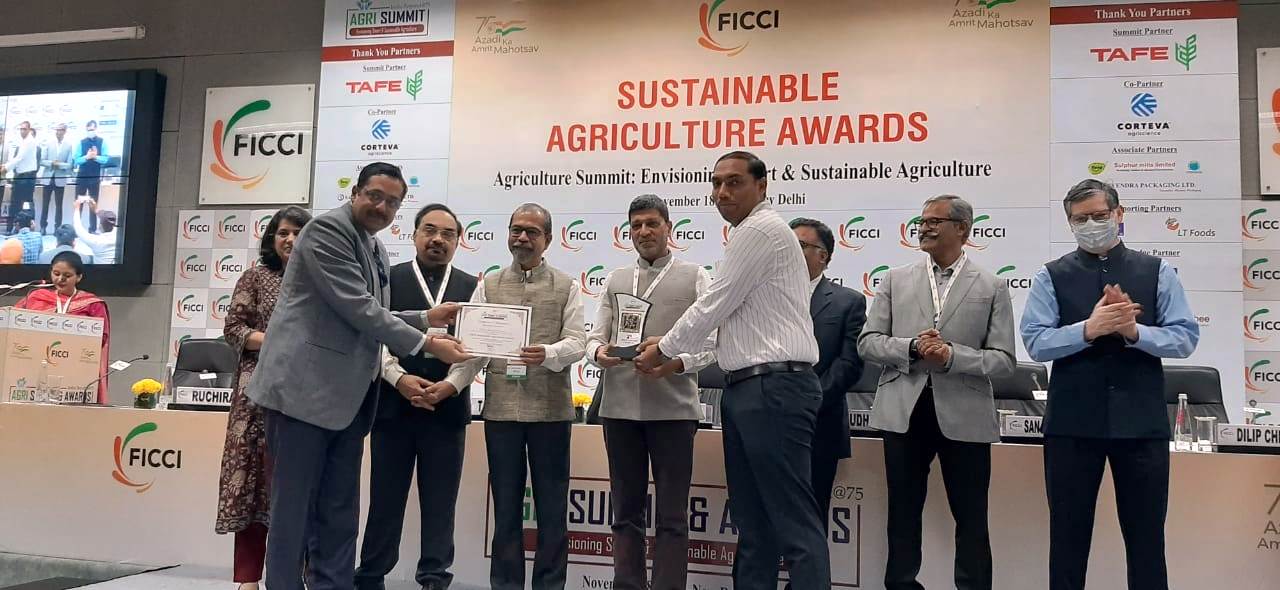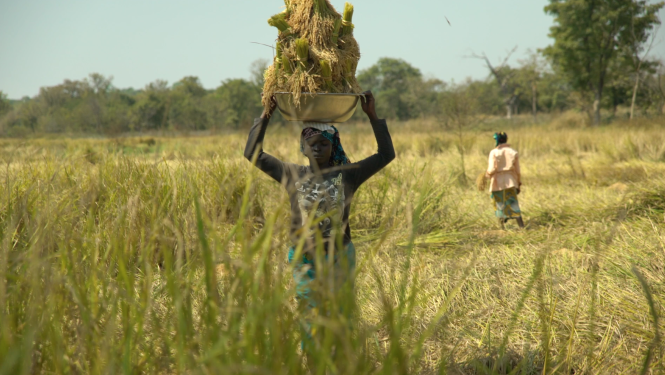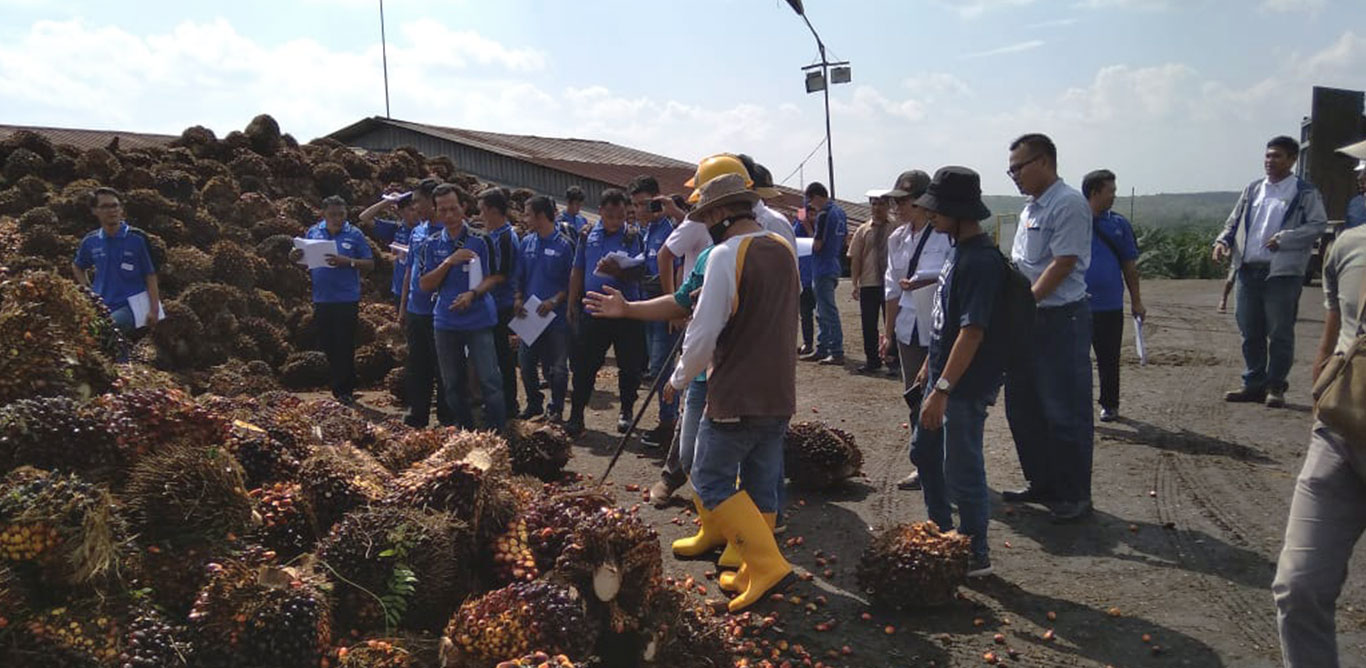Our work
The Foundation’s program focuses on creating the conditions for sustainable farming and livestock management, through improved access to water, training, financial inclusion and community empowerment.
The program focuses on the creation of community warehouses, on agriculture and livestock financing, and on income diversification by supporting business ventures – mainly agrotourism and handicraft - through access to micro-credit.
More efficient water collection, irrigation and storage systems also contribute to more environmentally sustainable production.
Training has been identified as another key area for action, focusing on agriculture and livestock management best practices in water-constrained regions, as well as business and marketing skills, to encourage sustainable agriculture and additional wealth creation.
Increased participation of women in the local economy is also encouraged, in the context of men’s migration to urban areas.
Key impacts
Micro-credit grants are creating opportunities for agroecological, craftsmanship and tourism developments, among women in particular. 95 micro-credits distributed in Puna region, for llama fiber producers in 6 communities and 185 micro-credits distributed in Quebrada region, mainly for smallholder farmers. All beneficiaries were able to repay the debt (except for 3 cases where an extension was requested). Repaid funds are to be re-loaned to beneficiaries in need, on application.
Access to water collection and irrigation technology has been provided in the form of small tanks and pipes, resulting in increased local production, improved self-sufficiency and higher household incomes, while creating conditions for sustainable agriculture. Water access systems were implemented in 6 communities (with implementation under way in another 4 communities). Water provision has provided possibilities for farming forage crops for animals, and potatoes for human consumption.
About our partner
The Foundation’s program is conducted in partnership with several Argentinean government agencies, as well as local cooperatives with a strong foothold in aboriginal communities and a vast experience in agro-farming projects, business diversification and project implementation.
Project duration
2017-2018
As part of the project, we were given all the materials to do the water work. We used to get water from a well quite a distance from the house. The same water was used to drink and to use on the farms, and had to be cleaned before we could drink it. Now, the water comes directly into the farm.
Abalos Geronima Modesta and Isidro Armella Community of Muñayoc



